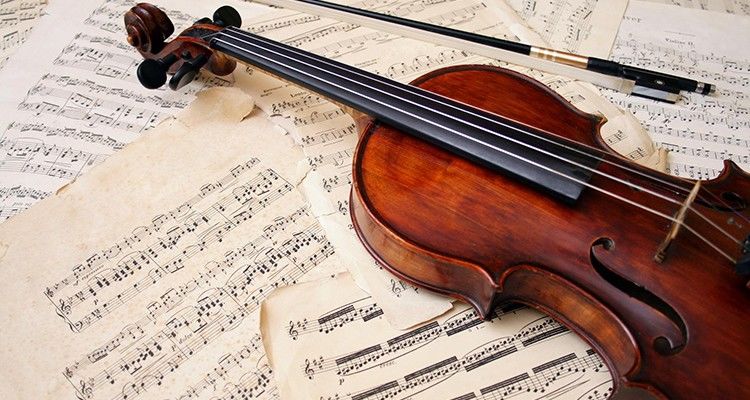“[Language] seem[s] to me so ambiguous, so vague, so easily misunderstood in comparison to genuine music, which fills the soul with a thousand things better than words.”
– Felix Mendelssohn
In Pioneer’s ongoing series of blogs here, here, here, and here on curricular resources for parents, families, and teachers during COVID-19, this one focuses on:
Celebrating Classical Music.
“The music is not in the notes, but in the silence between,” wrote the great 18th-century composer, Wolfgang Amadeus Mozart. In many ways, we live in a noisy and confused age; however, classical music – with its magical elegance, balance, and harmony – may very well be the most beautiful artistic expression that humans have ever created.
From 18th-century European courts to houses of worship to the grand opera houses of Vienna and Milan to homes and cars – classical music has sanctified, charmed, saddened, elated, moved, and elevated audiences around the world and back. For small children, research has shown that classical music can calm and sooth, while expanding their young minds and increasing brain functions. Meanwhile, in some parts of the country, convenience store owners use classical music to disperse vagrants and gangs from loitering and vandalizing. In 1977, NASA’s Voyager space mission created the ‘Golden Record’ to sum up the musical achievements of humanity to be sent into space with the hopes of connecting with intelligent life in the cosmos. Among the recordings included were the timeless classical music compositions of Bach, Mozart, Beethoven, and Stravinsky.
Over the last several decades, as the late Beethoven biographer Edmund Morris noted on C-SPAN in 2014, classical music has increasingly fallen into a deep valley of neglect, even in the concert halls. This is because classical music is being brushed aside in favor of pop music with its ceaseless, often mindlessly formulaic one-hit-wonders. Timeless classical music has been abbreviated, clipped, and trivialized by technology, while remaining largely untaught across K-12 schooling and higher education. We should ever remember that teaching young people to love and cherish society’s highest-quality cultural achievements and ideals is the one of the fundamental goals of any healthy, enduring civilization. Quite simply, classical music can show us the way forward in dramatically upgrading the aspirations of our culture.
No blog could ever hope to encompass the vast and breathtakingly beautiful world of classical music, with all its awe-inspiring depth and complexity. However, our hope is that this survey below will offer resources to help parents, teachers, and high schoolers better appreciate classical music’s grandeur and vital importance.
To view these resources on Amazon.com, click the image of the resource.
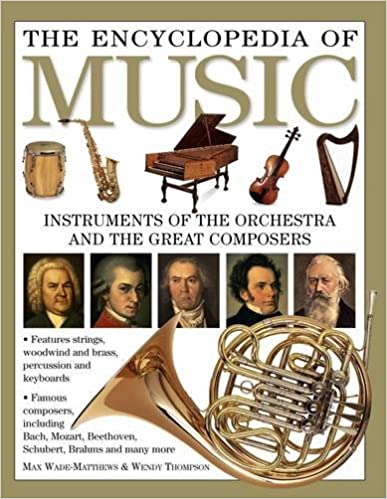
The Encyclopedia of Music: Musical Instruments and the Art of Music-Making, by Max Wade-Matthews and Wendy Thompson
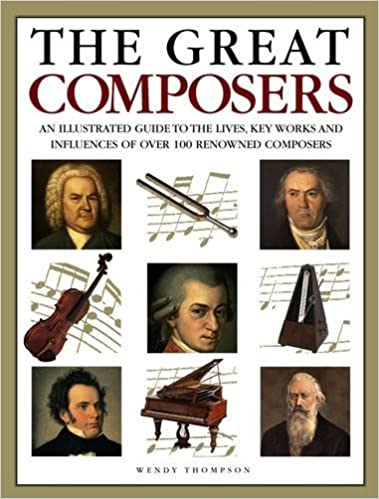
The Great Composers: An Illustrated Guide To The Lives, Key Works And Influences Of Over 100 Renowned Composers, by Wendy Thompson

Language of the Spirit: An Introduction to Classical Music, by Jan Swafford
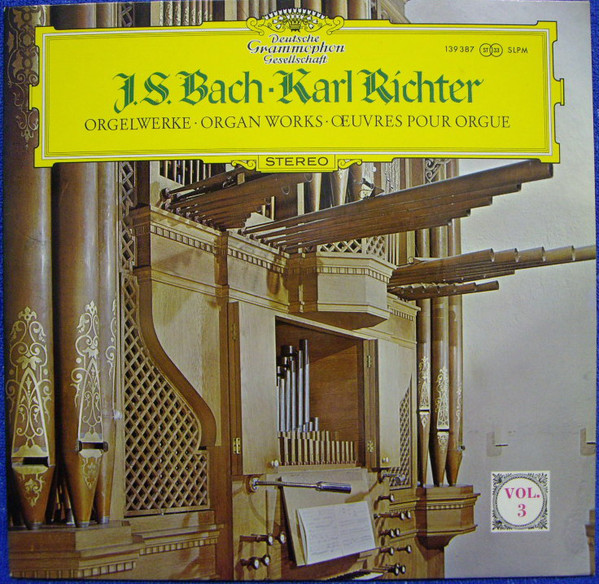
Organ Works, by Johann Sebastian Bach (Composer) and Karl Richter (Artist)

Bach: Music in the Castle of Heaven, by John Eliot Gardiner
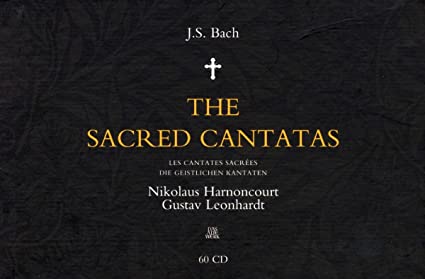
The Sacred Cantatas (Complete, Nos 1-199, 60 CDs Box Set), by Johann Sebastian Bach (Composer), Nikolaus Harnoncourt (Conductor), Gustav Leonhardt (Conductor)
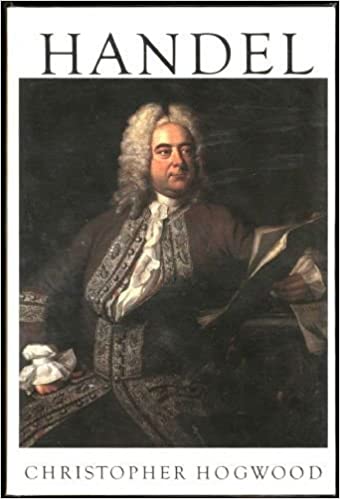
Handel, by Christopher Hogwood
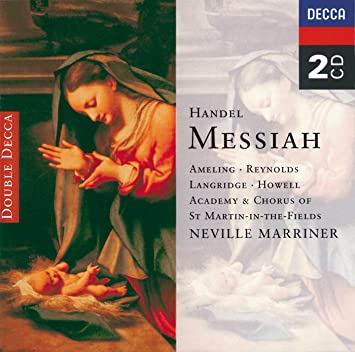
Messiah, by George Frideric Handel (Composer) and Neville Marriner (Conductor)
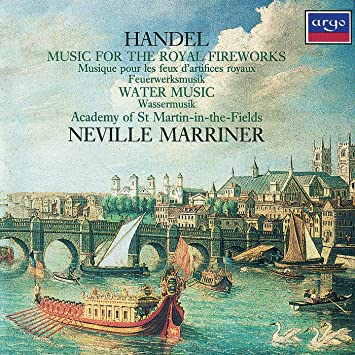
Music for the Royal Fireworks / Water Music, by George Frideric Handel (Composer), Neville Marriner (Conductor), Academy of St Martin-in-the-Fields (Orchestra)

The Classical Style: Haydn, Mozart, Beethoven, by Charles Rosen
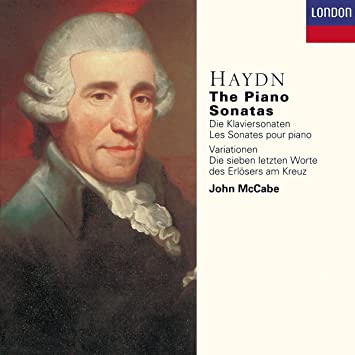
The Complete Piano Sonatas, by Franz Joseph Haydn
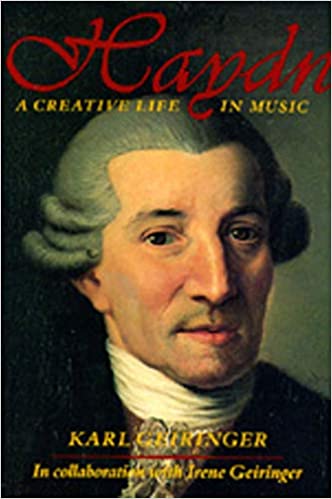
Haydn: A Creative Life in Music, by Karl Geiringer & Irene Geiringer
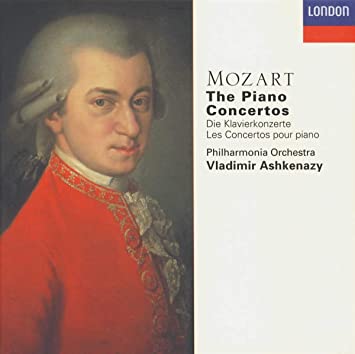
The Piano Concertos, by Wolfgang Amadeus Mozart (Composer) and Vladimir Ashkenazy (Performer)

Mozart: The Reign of Love, by Jan Swafford

Le Nozze di Figaro (CD), by Wolfgang Amadeus Mozart (Composer), Sir Georg Solti (Conductor), London Philharmonic Orchestra (Orchestra)
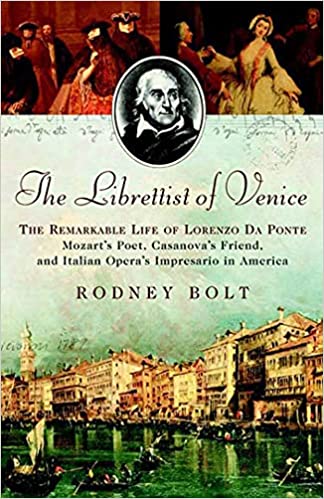
The Librettist of Venice: The Remarkable Life of Lorenzo Da Ponte, Mozart’s Poet, Casanova’s Friend, and Italian Opera’s Impresario in America, by Rodney Bolt
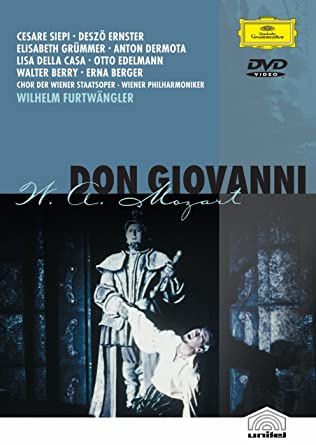
Don Giovanni (DVD), by Wolfgang Amadeus Mozart (Composer), Wilhelm Furtwängler (Actor), Cesare Siepi (Actor), Alfred Travers (Director).
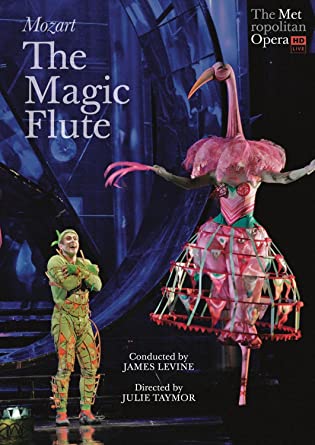
The Magic Flute (DVD), by Wolfgang Amadeus Mozart (Composer),Ying Huang (Actor), Nathan Gunn (Actor), Julie Taymor (Director), Gary Halvorson (Director)
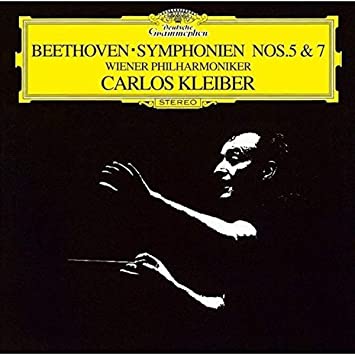
Symphonies Nos. 5 & 7, by Ludwig van Beethoven (Composer), Carlos Kleiber (Conductor)
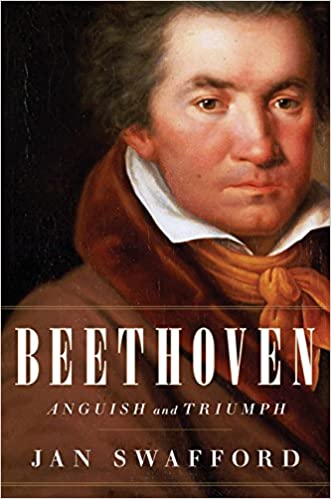
Beethoven: Anguish and Triumph, by Jan Swafford
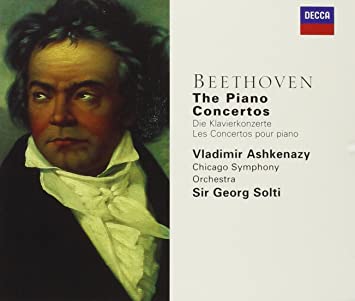
The Piano Concertos, by Ludwig von Beethoven (Composer), Sir Georg Solti (Conductor), Chicago Symphony Orchestra (Orchestra), Vladimir Ashkenazy (Performer)
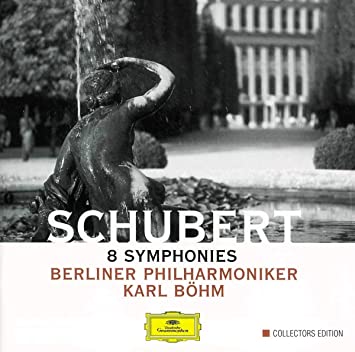
8 Symphonies, by Franz Schubert (Composer), Karl Bohm (Conductor), Berlin Philharmonic Orchestra (Orchestra)
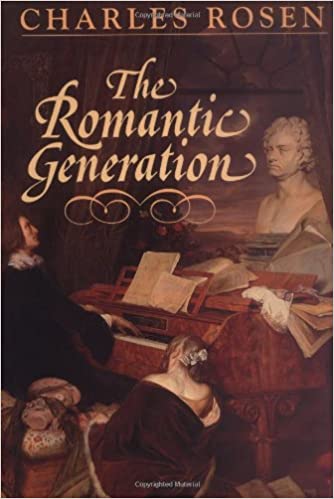
The Romantic Generation, by Charles Rosen.
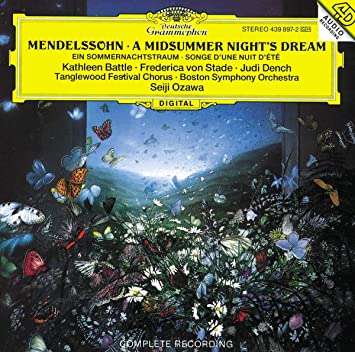
A Midsummer Night’s Dream, by Felix Mendelssohn (Composer), Seiji Ozawa (Conductor), Boston Symphony Orchestra (Orchestra), Judi Dench (Performer), Kathleen Battle (Performer)
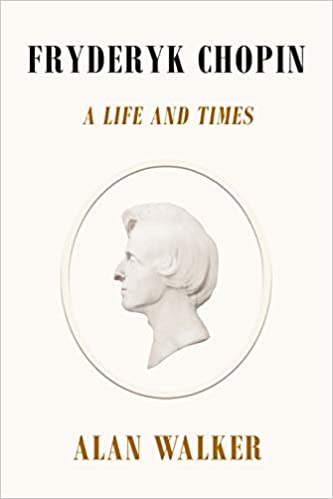
Fryderyk Chopin: A Life and Times, by Dr. Alan Walker
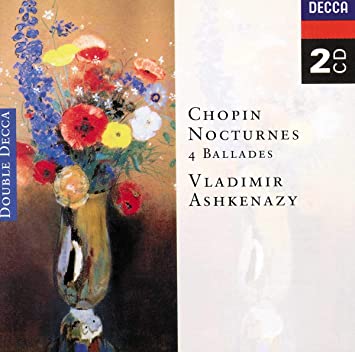
Nocturnes; 4 Ballades, by Frederic Chopin (Composer) and Vladimir Ashkenazy (Performer)
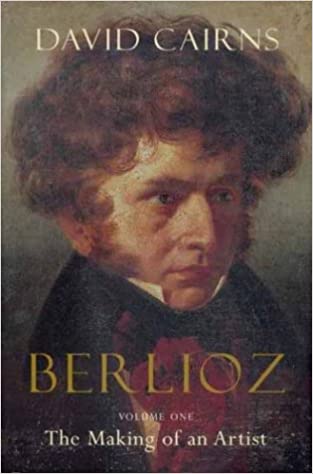
Berlioz: The Making of an Artist (2 Volumes), by David Cairns

Berlioz: The Making of an Artist (2 Volumes), by David Cairns
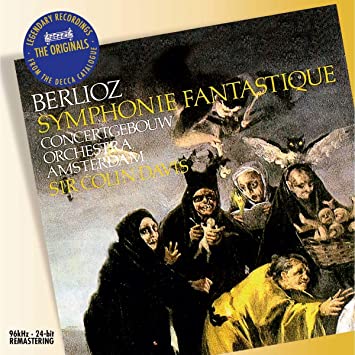
Symphonie Fantastique, by Hector Berlioz (Composer), Sir Colin Davis (Conductor), Concertgebouw Orchestra
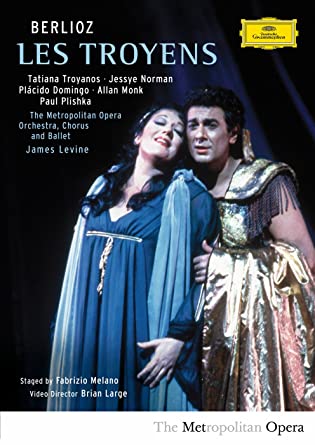
Les Troyens (DVD), by Hector Berlioz, Fabrizio Melano (Director) Jessye Norman (Actor), Tatiana Troyanos (Actor)
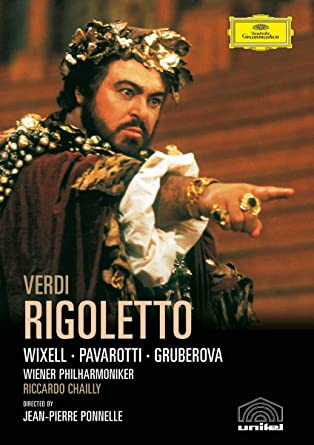
Rigoletto, by Giuseppe Verdi (Composer) Luciano Pavarotti, Ingvar Wixell, Edita Gruberova, Victoria Vergara, Ferruccio Furlanetto, Riccardo Chailly (Performers)
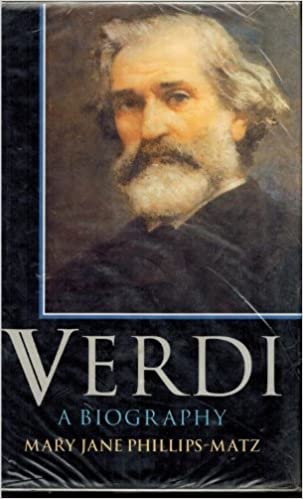
Verdi: A Biography, by Mary Jane Phillips-Matz
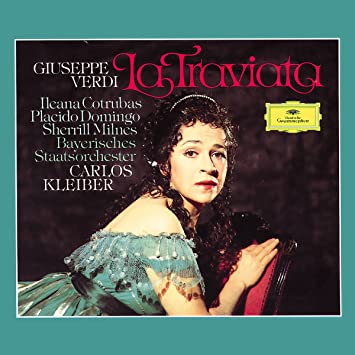
La Traviata, by Giuseppe Verdi (Composer), Carlos Kleiber (Conductor), Bayerisches Staatsorchester (Orchestra), Ileana Cotrubas (Performer), Placido Domingo (Performer)
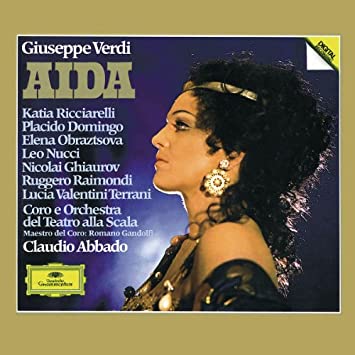
Aida /Teatro alla Scala, by Giuseppe Verdi (Composer), Claudio Abbado (Conductor), Katia Ricciarelli (Performer), Plácido Domingo (Performer)

Johannes Brahms: A Biography, by Jan Swafford
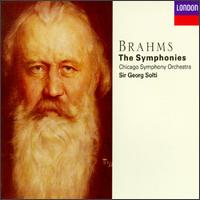
The Symphonies, by Johannes Brahms (Composer), Georg Solti (Conductor), Chicago Symphony Orchestra (Orchestra)

The Life of Richard Wagner (4 Volumes), by Ernest Newman
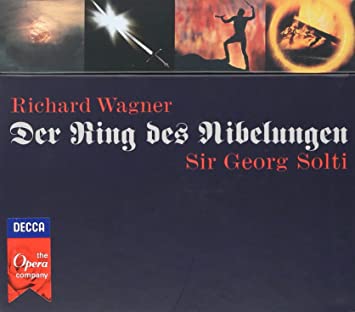
Der Ring des Nibelungen (Ring Cycle CD boxset), by Richard Wagner (Composer), Sir Georg Solti (Conductor), Vienna Philharmonic Orchestra (Orchestra).
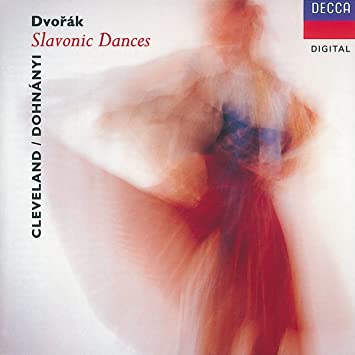
Slavonic Dances, by Antonín Dvorák (Composer), Christoph von Dohnanyi (Conductor), The Cleveland Orchestra (Orchestra)
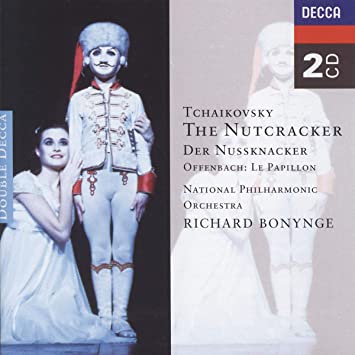
The Nutcracker, Jacques Offenbach (Composer), by Pyotr Il’yich Tchaikovsky (Composer), Richard Bonynge (Conductor)

Tchaikovsky: The Man and His Music, by David Brown

La Boheme: Giacomo Puccini (Composer), Herbert von Karajan (Conductor), Berlin Philharmonic Orchestra (Orchestra), Mirella Freni (Performer), Luciano Pavarotti (Performer).

Operas of Gilbert & Sullivan (CD Box Set), D’Oyly Carte Opera Company

9 Symphonies (9 CD Box Set), by Anton Bruckner (Composer), Herbert von Karajan (Conductor), Berlin Philharmonic Orchestra (Orchestra)

Sacred Works for Chorus: Masses 1-3; Te Deum; Psalm 150, (4 CD Box Set), by Anton Bruckner (Composer), Edith Mathis (Artist), Maria Stader (Artist)

Tosca, by Giacomo Puccini (Composer) Maria Callas (Artist), Victor De Sabata (Conductor), Orchestra e Coro del Teatro alla Scala (Orchestra)

Gustav Mahler: Complete Edition (18 CD Box Set), by Gustav Mahler (Composer)

Piano Concertos 1-4 (2 CD), by Sergei Rachmaninov (Composer), Andre Previn (Conductor), London Symphony Orch. (Orchestra), Vladimir Ashkenazy (Performer)

L’Oeuvre Pour Piano (5 CD Box Set), by Erik Satie (Composer), Aldo Ciccolini (Performer)

The Planets, by Gustav Holst, Herbert von Karajan (Conductor) Berliner Philharmoniker (Orchestra)

Symphony No.3 “Symphony Of Sorrowful Songs,” by Henryk Górecki, Joanna Koslowska & Warsaw Philharmonic Orchestra & Kazimierz Kord


